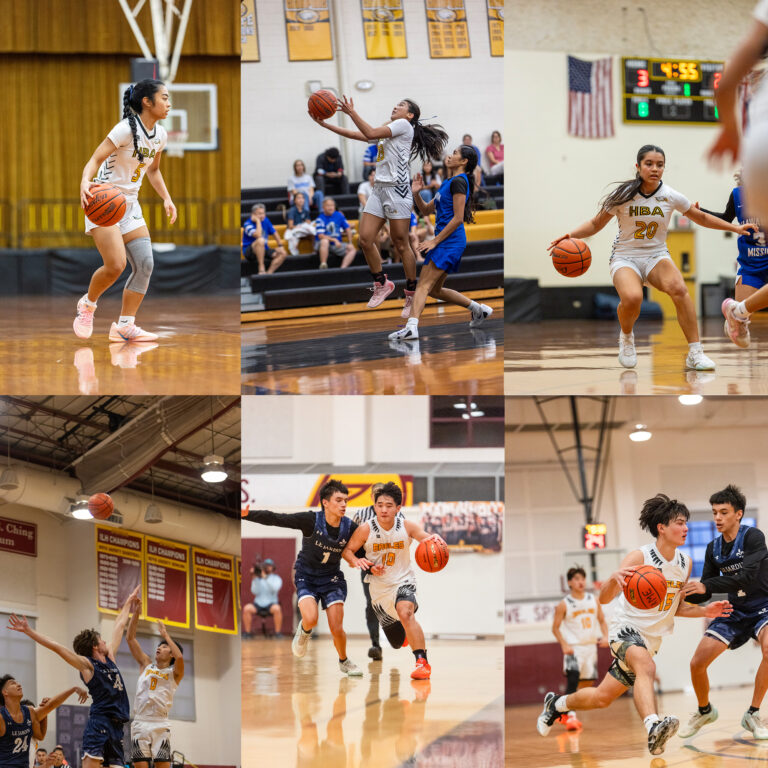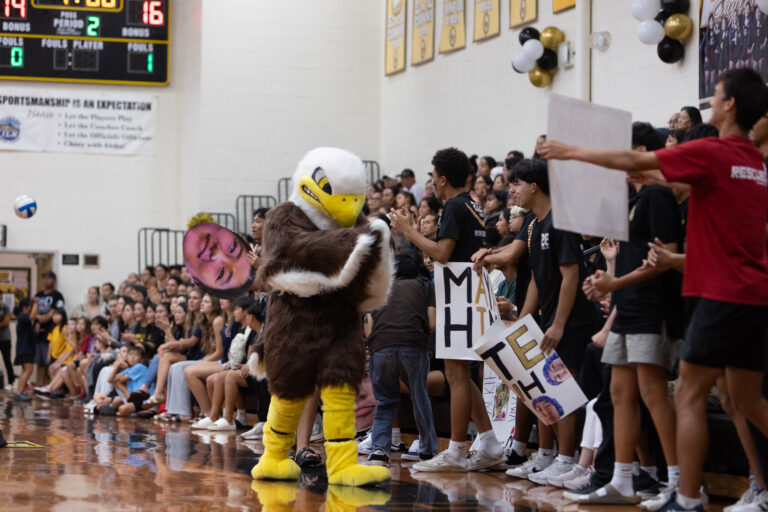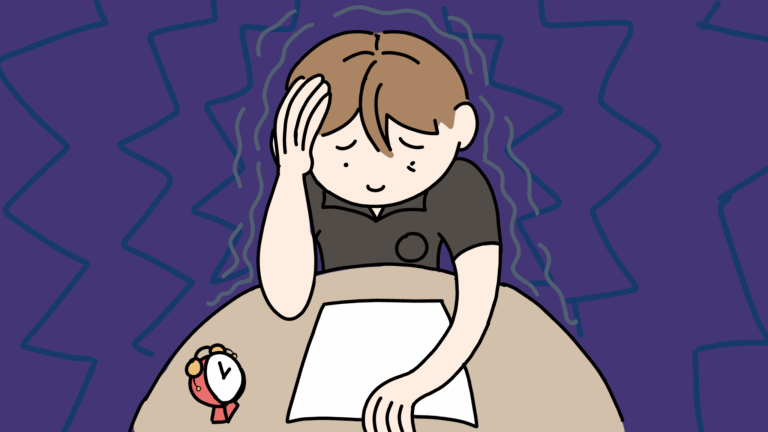It’s that time of the year when seniors embark on a capitalistic adventure in their economics class: the stock simulation exercise.
The eight-week exercise, though often bewildering and often complicated, helps students learn how to trade stocks in the stock market. The simulation allows students to gain experience in the stock market as if entering the market in real life. It provides students with an opportunity to gain insight and in-depth knowledge of the New York Stock Exchange in a safe environment. “The stock simulation is one of the most hands on and most involved projects I have ever done in my high school career,” says senior Ellie Shimatsu. “It is very relevant to our lives”.
The stock simulation is comprised of three different competition divisions: the income division, the growth division, and the aggressive growth division. Students compete to make the most money at the end of the simulation. “We went into the growth group instead of the aggressive growth because our portfolio isn’t as risky as others,” states senior Michelle Kinumatsu. A student’s portfolio refers to their investments in bonds and stocks. The amount of stocks or bonds a student can invest in depends on the division the student is competing in. Students are not allowed to use more than 50 percent of their money on a single stock. “Students have to follow rules because the simulation creators want students to learn proper investing techniques and teach good investing habits. In real life, one is not limited by the rules,” says Economics teacher Stanley Herder.
Like in the real stock market, small mistakes can have big consequences. “One little screw up can take you down pretty fast,” says senior Tanner Miyoi. For example, one might sell a stock too early or even have to take a loss because companies might do worse than expected. Since students invest in real world companies, they will have to deal with real world price fluctuations. The volatile market is a place people can make billions or go bankrupt. For some students, it is hard to deal with losses even if it is a simulation.
“We have been doing well in the simulation,” Herder says. “We have had many teams that have taken first place.” Though she would like to win and take first place in the simulation, senior Shelbi Nakano mainly treats it as a learning exercise. “I want to win, but I think I’m just in it for the experience,” she says.






